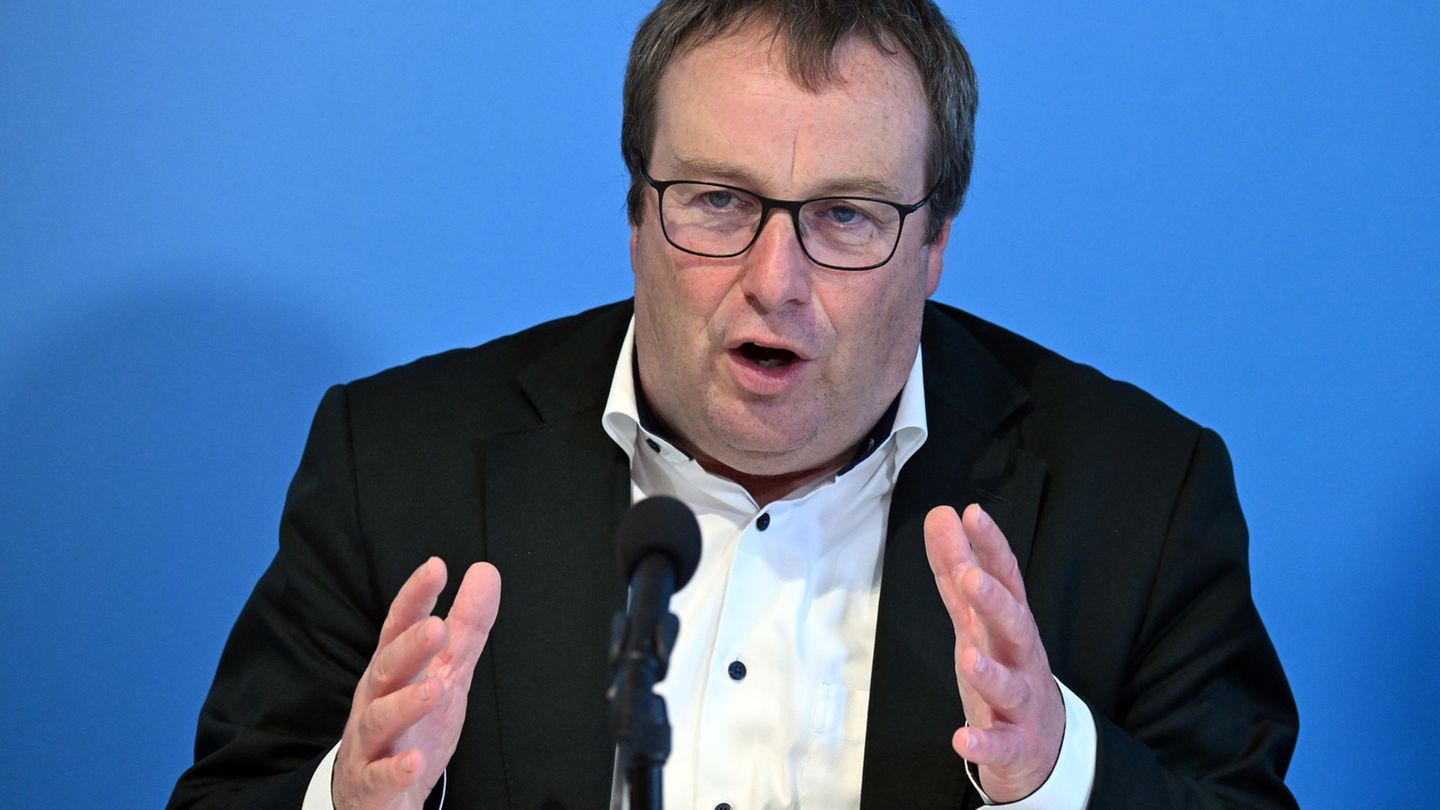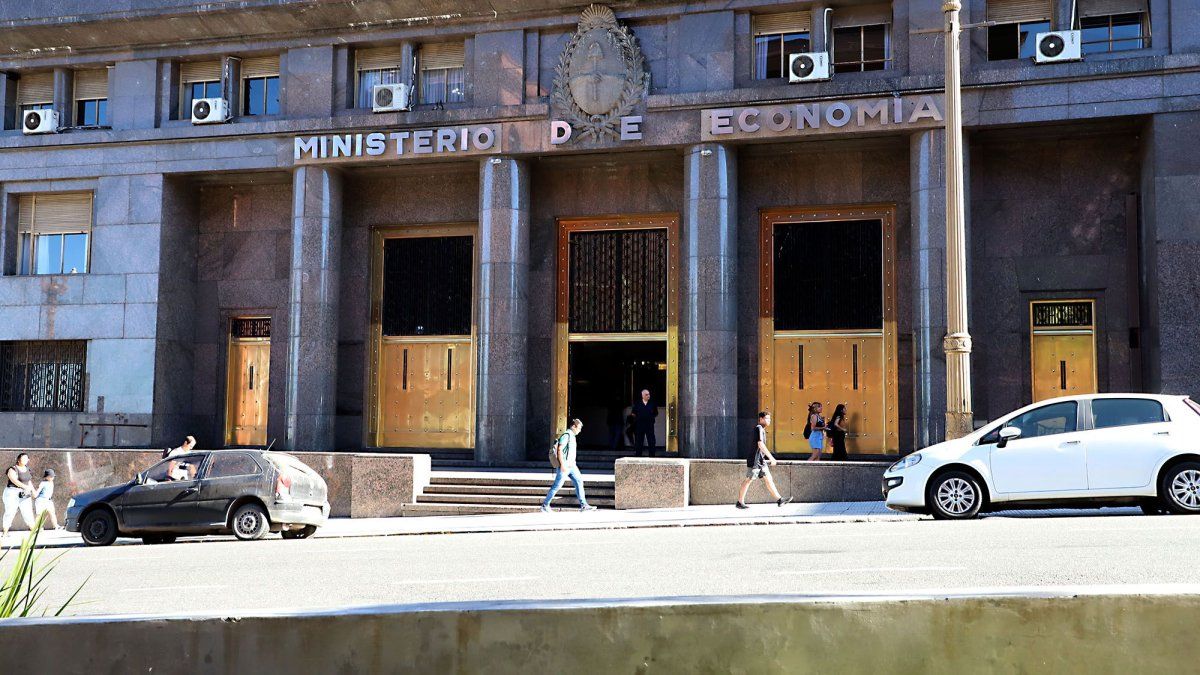The director of Center for Argentine Political Economy (CEPA) considered that the increase in this item was mediated by “a significant increase of the order of 6.1% and 23.6%” in the price of bread and flour and fruits and vegetables, respectively.
In addition, he stated that the rest of the products, including those that make up the Care Prices basket, reported an increase below the general index, since they culminated with a rise of 3.4%.
Another component of the category is meat and its derivatives. According to the survey carried out by CEPA, the rise was of the order of 2.3%. “Unlike November and December, meats do not explain the month’s price increase,” Letcher said.
On the other hand, he remarked that “once again the index was affected by the Restaurant and hotel category”. According to the IPC, prices climbed 5.7%, so they stood at a figure very similar to that of December.
In addition, the economist gave an overview of what may happen in terms of prices at the national level during the month of February. In this sense, he pointed out that in relation to Food and drinks “it is appropriate to closely monitor what happens with the price of breadwhere from the Chamber that groups the bakeries, they announced increases of up to 25%, the possible agreements on the subject, and the increases that would have been registered in the first fortnight” such as oils, rice, milk cream, among others.
Furthermore, he referred to the rates of public services, on which he pointed out that “Although a 20% increase was confirmed, to which the segmentation for 2022 is added, the month of application has not yet been confirmed”while adding that this will take place “probably from March”.
A sensitive area is that of fuels. It is known that an increase there affects a large part of the CPI due to the component of transporting products from their origin to the gondola. “Gasoline updated its price by 9% in February,” said Letcherwith which it is possible to expect that this rise will have its correlate in the index.
On the other hand, he stated that in the area Communications “There are companies that have reported increases of up to 16% in February” although these “have not been authorized by ENACOM” for said increase.
As for the category Health, pointed out that “There will be an increase in medicines, to which is added part of the impact of the 9% increase in prepaid in January”a component that for corporate partners was billed in February, he said.
Another aspect to take into account when talking about prices in a strongly bi-monetary economy like Argentina is the dollar. Regarding this, he pointed out that “in January the official exchange rate moved below inflation.” However, he explained that “it maintained the rate of greatest acceleration that it has maintained since December”, so that in the first 14 days of February it devalued 1.3%.
Finally, he referred to the Education category, crucial at a time when the school calendar will begin. Regarding this, Letcher pointed out that “February usually has high figures due to the evolution of the school basket (seasonal)”.
In addition, he kept an eye on the increase in fees, which “although they have been applied since March, registration is usually paid in February.” In the Government of the City of Buenos Aires, the Executive Branch led by Horacio Rodríguez Larreta authorized an increase of 17%.
Source: Ambito
David William is a talented author who has made a name for himself in the world of writing. He is a professional author who writes on a wide range of topics, from general interest to opinion news. David is currently working as a writer at 24 hours worlds where he brings his unique perspective and in-depth research to his articles, making them both informative and engaging.




